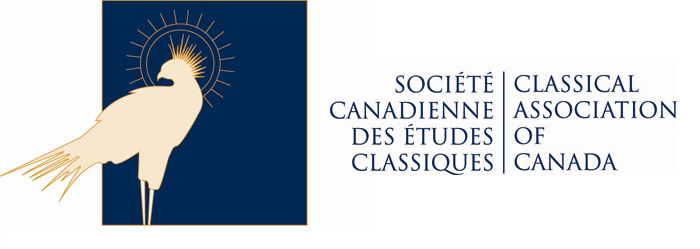Atlantic Classical Association
Annual Meeting
Call for Papers
The Department of Historical Studies at the University of New Brunswick (Fredericton) is pleased to be hosting this year’s meeting of the Atlantic Classical Association (ACA) on Friday and Saturday, October 4th and 5th 2024. We are delighted to announce that there will be a public keynote address given by Dr. Noreen Humble of the University of Calgary on Friday evening.
The ACA is a small conference that offers the opportunity for students and scholars in Atlantic Canada and beyond to gather together and share their research in a welcoming and relaxed environment. This will be an in-person conference only. The organizers invite papers of 20 minutes on any topic concerning the ancient world. Please submit an abstract, or indicate your intention to attend, using this form (https://forms.gle/2UCHPgDMtkWK3RxX8), by September 1st.
We are pleased to be able to offer 2 prizes of $250 dollars for the best papers given by graduate students. In order to be considered for this prize students are required to submit their full paper before the conference. See form for further details.
Any questions can be directed to Dr. Carolyn McDonald (carolyn.macdonald@unb.ca) and Dr. M. Willis Monroe (willis.monroe@unb.ca).
We respectfully acknowledge that the University of New Brunswick (Fredericton) is located on the unceded and unconquered territory of the Wolastoqiyik, a place bound by the Peace and Friendship Treaties of 1725-1779.
Follow Us/ Suivez-Nous
Copyright © 2023 The Classical Association of Canada / Société Canadienne des Études Classiques
All Rights Reserved | Privacy Policy | Politique de confidentialité
Sign up for our newsletter to receive updates!
Nous vous invitons à vous inscrire à notre newsletter afin de recevoir les mises à jour!

Recent Comments